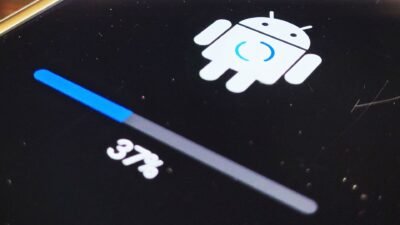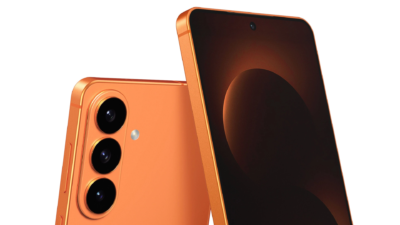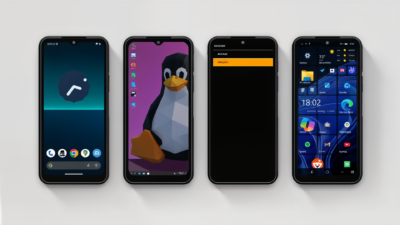EU Warns Apple For Restricting USB-Cables For iPhone 15

The European Union (EU) fears that Apple will gild the switch from the Lightning port to USB-C with possible cable certifications. The Commission is now warning iPhone manufacturers and demanding full functionality without expensive original accessories.
The rumors that have been circulating in recent weeks that Apple could restrict certain functions and fast data rates to specially licensed USB-C cables seem to be giving the EU Commission in Brussels a headache. Under the guise of the “Made for iPhone” program (MFi), Cupertino – as with the Lightning standard – is not only supposed to earn money but also to introduce additional restrictions for unlicensed cables.
With the introduction of the iPhone 15 Pro, Apple would throttle the data rates to USB 2.0 level, reducing the charging speed or restrictions regarding the connection of accessories conceivable. EU Commissioner Thierry Breton sees such a step as a violation of the EU directive for uniform chargers that will come into effect on December 28, 2024.
“Devices that do not meet the requirements for the uniform charger will not be approved on the EU market,” said Breton in a letter that was available to the German Press Agency (dpa, and Heise). A first warning to Apple not to even look for possible loopholes in order to possibly evade the EU rules.
New instructions against loopholes
This is exactly what Anna Cavazzini, Chairwoman of the Internal Market Committee in the EU Parliament, accused the US company of. Accordingly, by the third quarter of 2023, a “uniform interpretation of the legal provisions” should ensure that Apple is subject to the EU guidelines and is therefore no longer opposed to the harmonization of cable and power supply standards.
Aside from accusations and warnings, however, Apple has a free hand for this year’s iPhone 15 generation. After all, the EU directive will only take effect on December 28, 2024, and will apply to newly produced devices from then on. Apple could also strive for a hardware-based limitation of the USB-C connection instead of cable licensing and initially only allow more expensive iPhone 15 Pro models to take advantage of USB-C 3.2+, and Thunderbolt.
Digital marketing enthusiast and industry professional in Digital technologies, Technology News, Mobile phones, software, gadgets with vast experience in the tech industry, I have a keen interest in technology, News breaking.












